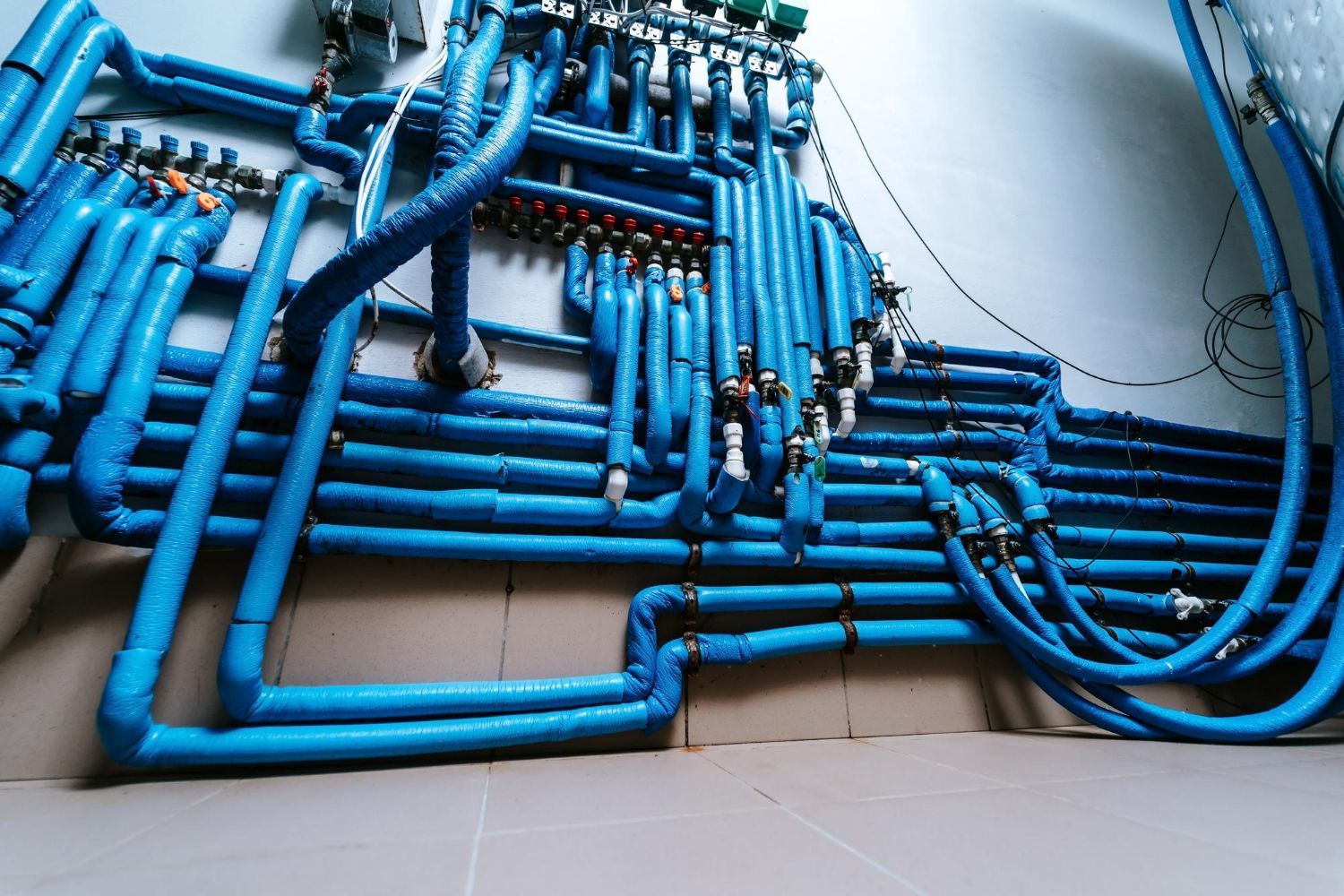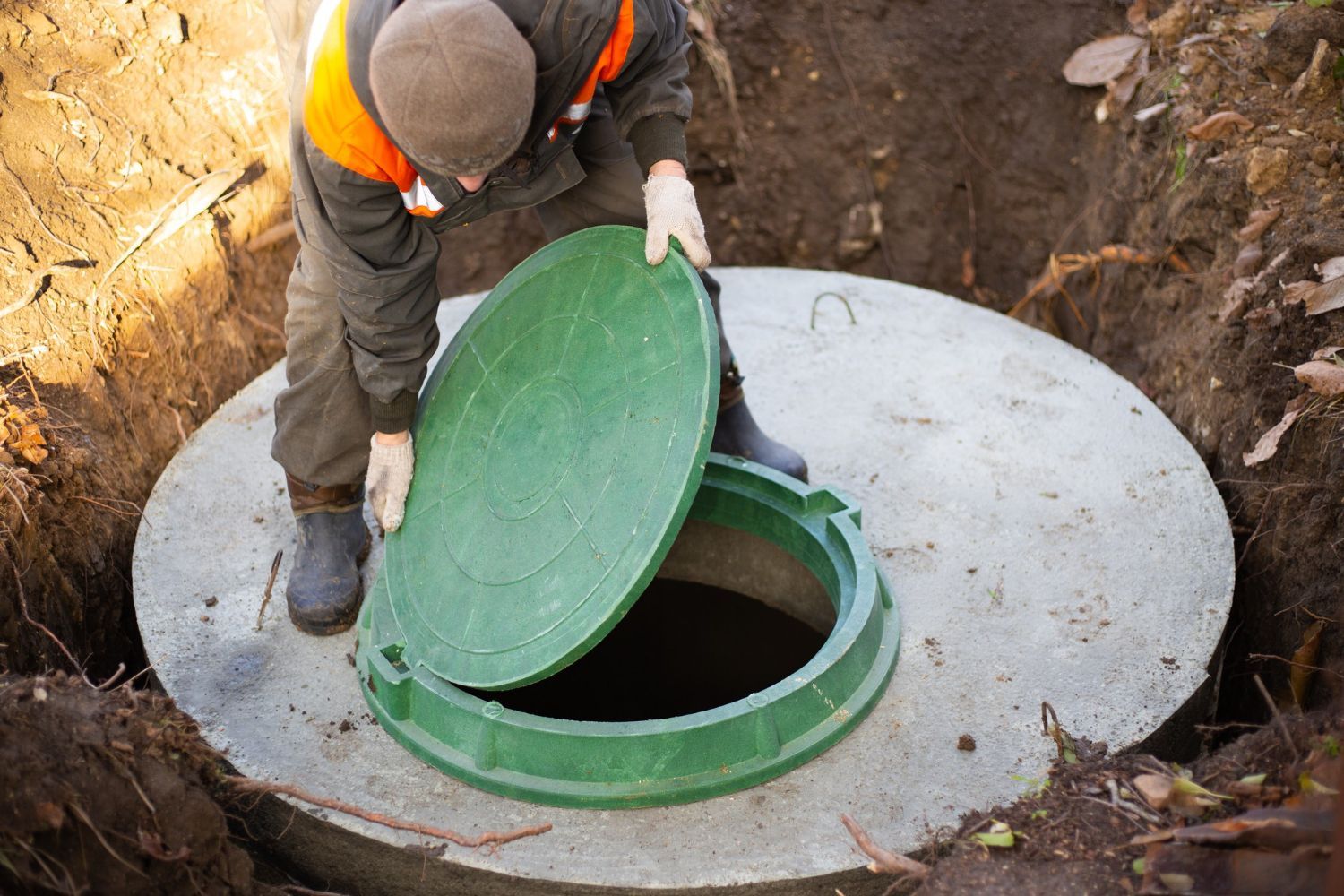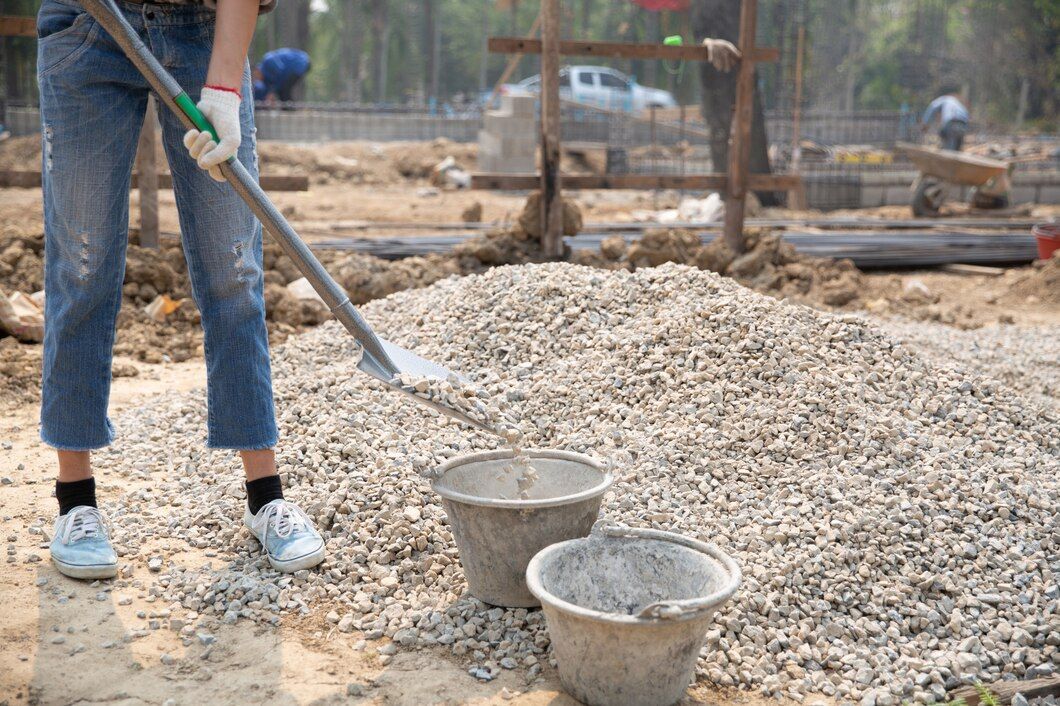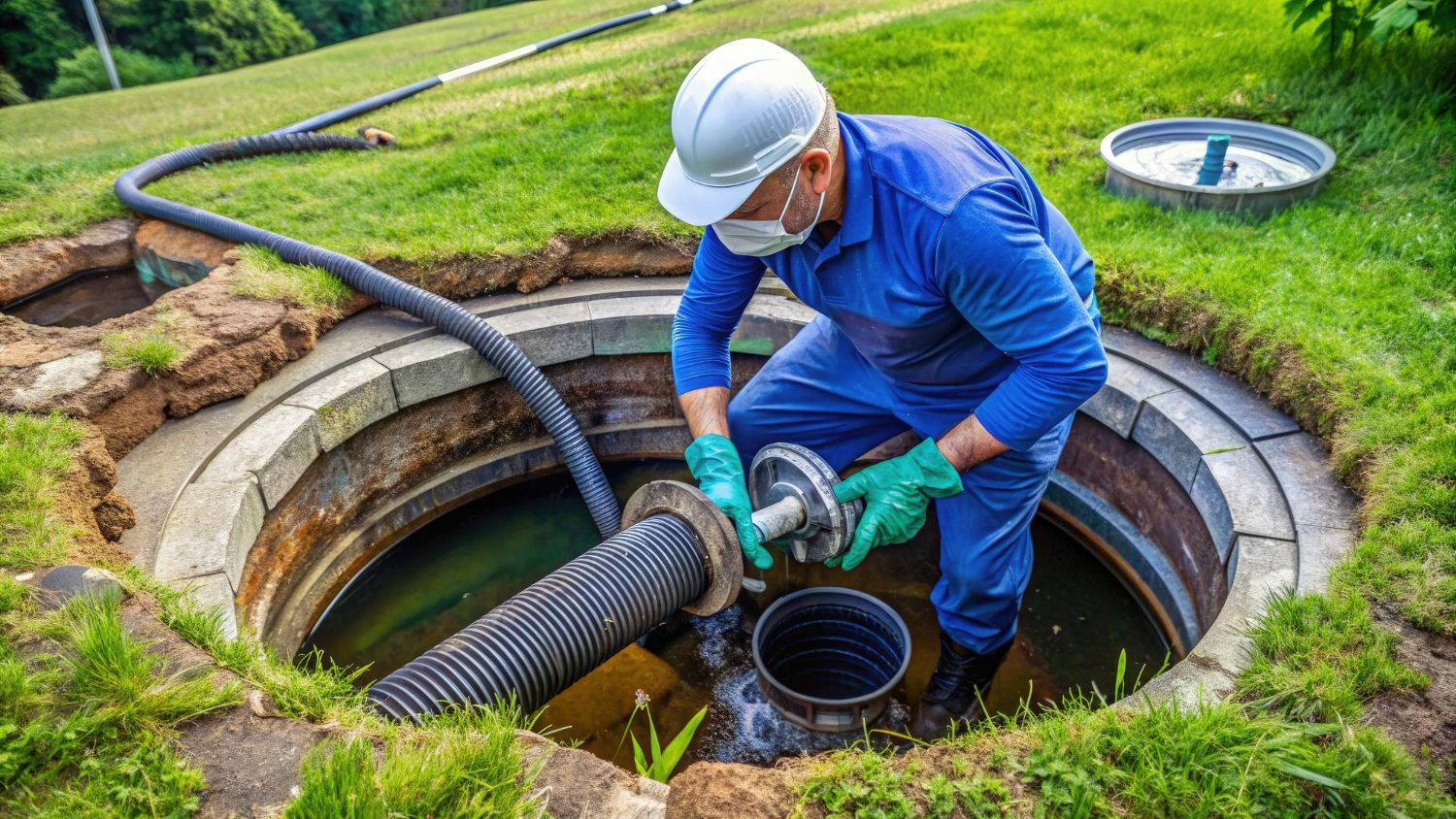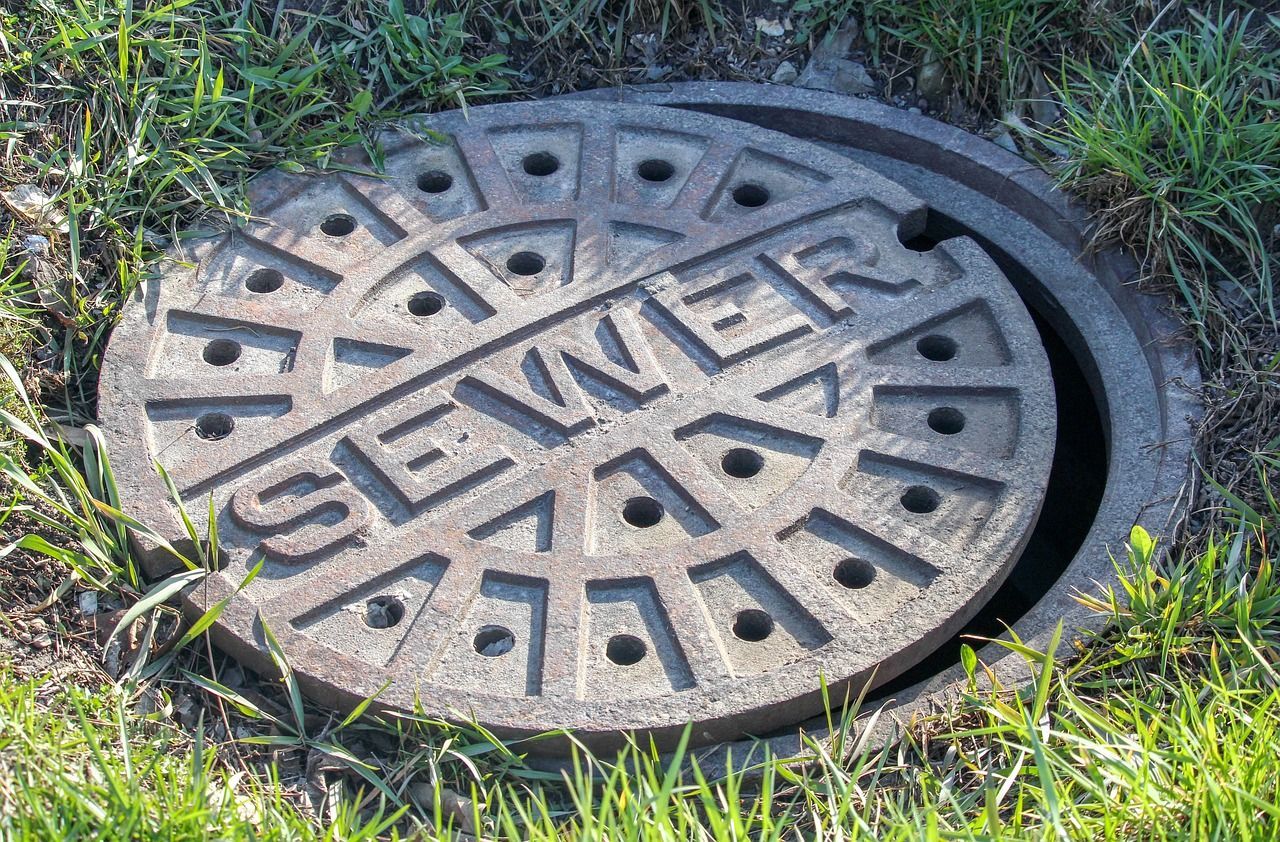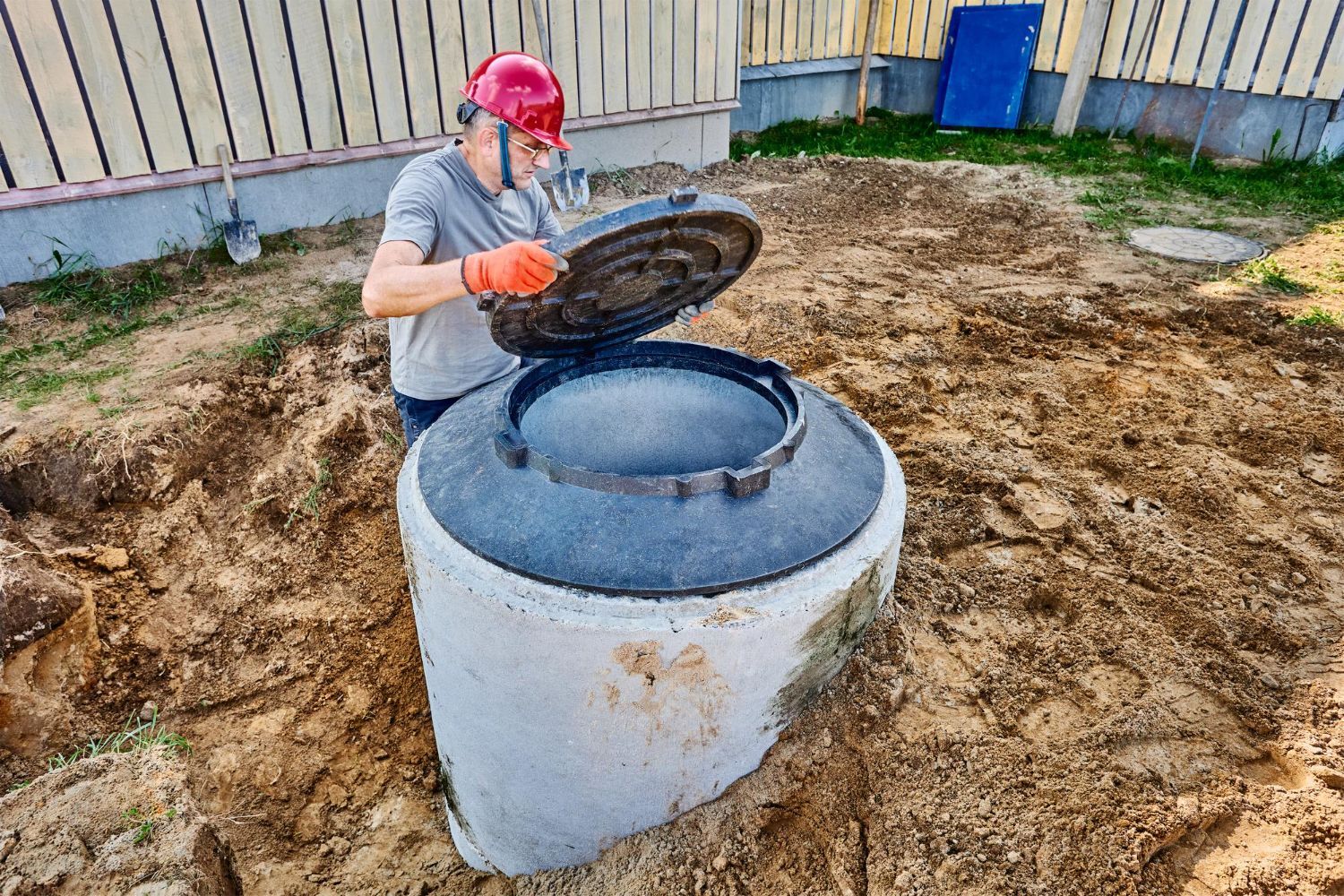Maintaining a Healthy Septic System at Home
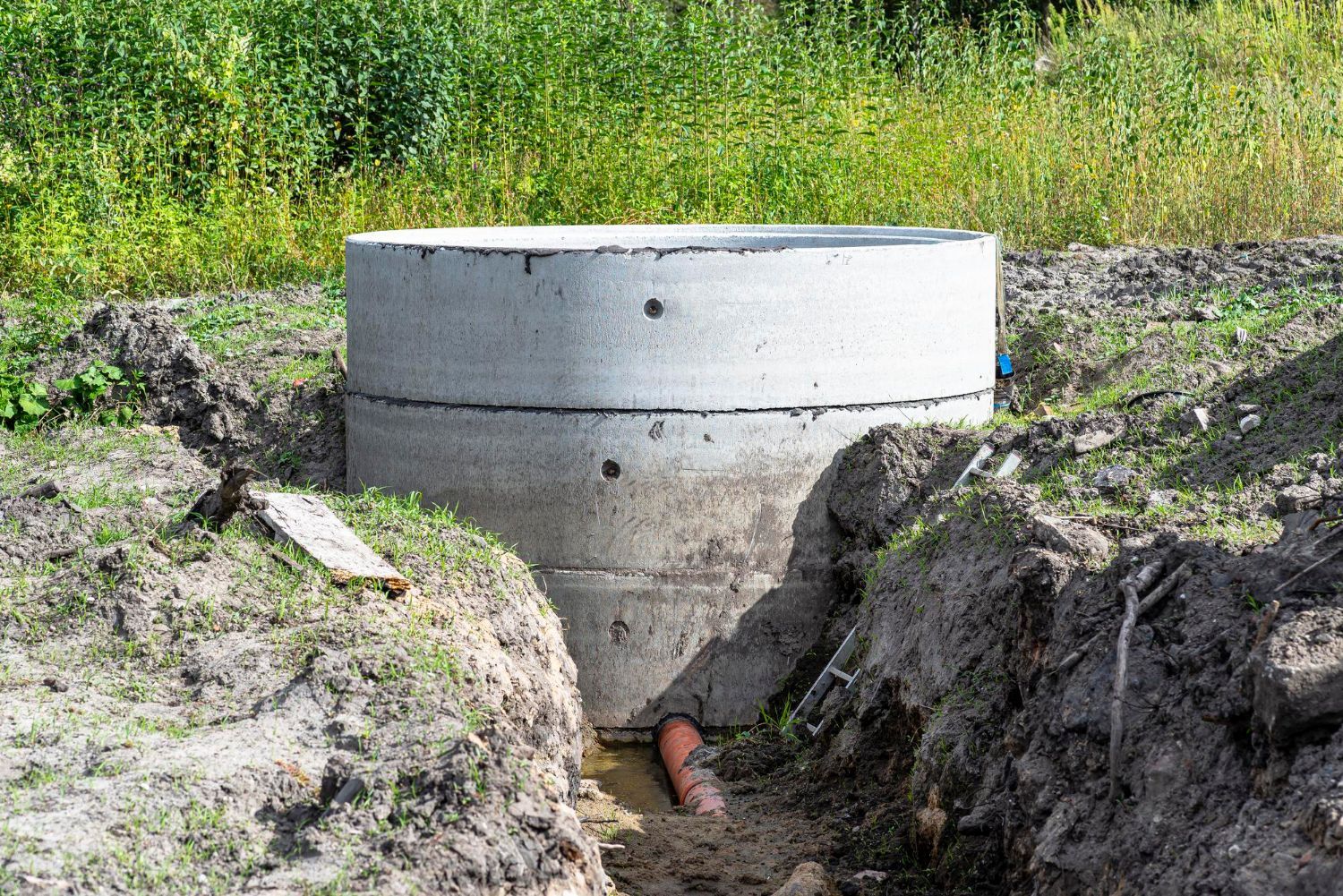
Maintaining a healthy septic system at home is essential for the safety and comfort of your family. A well-functioning septic system ensures that wastewater is treated and disposed of properly. Neglecting your septic system can lead to unpleasant odors, water contamination, and costly repairs. Fortunately, caring for your septic system doesn't require a lot of time or effort, just a bit of knowledge and regular maintenance.
Understanding how your septic system works is the first step in keeping it in good shape. Knowing what goes into the tank and how it is processed helps you make better decisions about what you flush or pour down the drain. This awareness can prevent damage and prolong the life of your system.
Incorporating healthy habits in your daily routine can make a big difference. Simple actions like being mindful of what you flush and how much water you use can keep the septic system operating smoothly. Additionally, learning to recognize early warning signs of trouble can help you address issues before they become serious. This proactive approach can save you time, money, and stress. Let's explore practical ways to maintain your septic system and ensure it works efficiently for years to come.
Understanding How Your Septic System Works
A septic system consists of several key components that work together to treat and dispose of household wastewater. The system includes a septic tank, a distribution box, and a drain field, also known as a leach field. Wastewater from your home flows into the septic tank, where solids settle to the bottom and form sludge, while oil and grease float to the top as scum.
Bacteria in the septic tank help break down these solids. The remaining liquid, known as effluent, flows out of the tank and into the distribution box. From there, it is evenly distributed to the drain field's perforated pipes. The drain field allows the effluent to slowly seep into the ground, where soil bacteria further treat it.
It's essential to know that a septic system relies heavily on the natural processes of settling and bacterial digestion. Overloading the system with too much water or harmful substances can disrupt these processes, leading to system failure. Understanding this can help you make better decisions about what you flush or pour down the drain, ensuring your septic system remains healthy and functional.
Daily Habits for a Healthy Septic System
Maintaining a healthy septic system starts with good daily habits. One of the simplest habits you can adopt is being mindful of what you flush down your drains and toilets. Only flush human waste and toilet paper. Items like wipes, feminine hygiene products, and paper towels can cause clogs and damage your septic system.
In the kitchen, avoid pouring fats, oils, and grease down the sink. These substances can harden and block your pipes and drain field. Instead, collect grease in a container and dispose of it in the trash. Also, be cautious with food scraps. Even with a garbage disposal, large quantities of food can overload your septic tank.
Water conservation plays a significant role in maintaining your septic system. Using less water reduces the load on your septic tank and drain field. Simple actions like fixing leaky faucets, using high-efficiency fixtures, and spreading out laundry loads throughout the week can make a big difference. Practicing these habits can extend the life of your septic system and keep it functioning effectively.
Signs That Your Septic System Needs Attention
It's important to recognize warning signs that your septic system may be in trouble. Catching problems early can save you from expensive repairs and health hazards. One common sign is slow-draining sinks, tubs, or toilets. If your drains are sluggish or frequently back up, it might indicate a blockage or a full septic tank.
Another red flag is unpleasant odors around your property. If you smell sewage or rotten eggs near your septic tank or drain field, it's a sign that something is not working correctly. These smells can be due to leaks, overflows, or other malfunctions in the system.
Watch for lush, green grass over your drain field, especially if the rest of your lawn looks normal. This could mean that excess wastewater is surfacing and fertilizing the grass. Standing water or overly soggy spots in your yard are also indicators of septic problems. These issues can create unhealthy conditions and should be addressed promptly.
When to Schedule Professional Septic Tank Inspections
Regular professional inspections are key to keeping your septic system in good shape. A licensed septic service provider can catch problems early and ensure everything works as it should. It's best to have your septic system inspected every three to five years, depending on your usage and household size.
Schedule an inspection if you've recently bought a home with a septic system. This will give you a clear understanding of the system's condition and any potential issues. It's also a good idea to call a professional if you've noticed any of the warning signs mentioned earlier. An expert can diagnose the problem and recommend the best course of action.
Even without visible issues, periodic inspections can detect hidden problems before they become severe. Regular maintenance, along with professional inspections, can help extend the life of your septic system and prevent costly repairs. Being proactive pays off in the long run, making your home safer and more efficient.
Conclusion
Maintaining a healthy septic system at home requires understanding how it works, adopting good daily habits, and recognizing signs of trouble. Regular professional inspections are also crucial to keep your system running smoothly. By proactively caring for your septic system, you ensure the safety and comfort of your family while avoiding costly repairs and unpleasant issues.
Remember, simple actions like being mindful of what you flush and using water efficiently can make a big difference. Addressing problems early and scheduling regular inspections can help your septic system function properly for years to come.
If you need expert advice or professional
septic services, contact Apollo Sewer & Plumbing. Our team is here to help you maintain a healthy septic system and ensure your home stays problem-free. Schedule your inspection today and enjoy peace of mind knowing your system is in good hands.

